When it comes to reducing noise levels, people will do just about anything to try and abate the loud buzz of traffic and the hustle and bustle of busy streets and neighborhoods.
One of the most popular noise reduction strategies is clever landscaping. In essence, this is an attractive way to reduce surrounding noise in both commercial and residential properties by using certain shrubs, hedges, and trees to help act as a natural sound barrier.
- However, what is the best way to do this?
- And, do these options actually work?
While this won’t block out noise completely, artful planting will help mitigate it. Below, we take a look at a few landscaping methods commonly used to help absorb all those raucous sounds:
Evergreen Trees Are A Go
Did you know that sound is absorbed by all parts of the plant such as the leaves, branches, and bark? Experts believe that trees with lots of branches and thick, lush leaves are your best bet for deferring sounds.
This is why evergreen trees are a great choice, as their leaves won’t fall off when the seasons change.
Think About Tall Hedges
Thriving tall hedges are a great way to block noise as well as help create privacy from a busy street or road. Compared to trees, hedges may require more maintenance and patience to take shape and fill out.
Therefore, if choosing a hedge, it will take time for these to grow and become successful sound barriers.
Plant Different Sizes and Shapes Of Shrubs
Hardy native shrub varieties are ideal for those who are in need of low-maintenance noise cancellation. Depending on where you’re based, chat to your local nursery or landscaper about which shrubs will be best suited to your specific climate.
Add Some White Noise
For businesses and homeowners who are looking to add a beautiful outdoor addition, a running fountain or water feature will create tranquil white noise. This white noise will then help to cover irksome and excessive surrounding sounds.
Opt For a Privacy Fence
Another popular option is to put up a fence or wall around the perimeter of your property. Wood, concrete, brick, and stone walls or fences will help to reduce some of the noise but not all of it. However, instead of absorbing the sound, these materials reflect the noise back into the environment, which is why you will still hear noise no matter what.
So, these are just some sought-after options to help reduce noise levels through smart landscaping. But the question remains, do these work well, and are they cost-effective? Below, we take a closer look at some of the obstacles that landscaping for noise reduction may present.
Challenges of Using Landscaping to Block Noise
Trees need to be sufficiently tall and dense.
North Carolina State University estimates that a large amount of well-placed trees can reduce noise, assuming that the trees are both sufficiently tall and dense.
However, most people do not have the space, time, or money to create a thick wall of trees to protect themselves from noise.
Plantings must also be located close to the source.
The closer the trees or hedge are to the source, the better. Barriers positioned too far from the source will not make nearly as much of a difference.
For example, if a landscape barrier is located 200 feet from the noise source but near a residence, it’s likely to not make a noticeable difference at all.
They must completely block the line-of-sight between the noise source and the receiver: According to studies conducted at the University of Nebraska-Lincoln, natural sound barriers must also completely block the line-of-sight between the noise source and the receiver.
If the barrier is too thin or patchy, it will not accomplish its intended purpose. The culprit is the sound waves themselves, which pass through and around any openings, no matter how small.
However, experts do say that the “out of sight, out of mind” notion may come into play here. You see, by creating a visual barrier between the source and the receiver, the trees reduce the perception of noise, making people think the noise is reduced when in fact it’s not.
So, before you bank on “out of sight, out of mind,” and invest in landscaping as well as the regular upkeep and maintenance that goes with it, it might be worthwhile considering other options.
The Success of Using Sound Walls
While we did mention walls above, instead of wood or concrete, a sound wall barrier is made of special absorptive materials that actually diffuse the sound instead of reflecting it.
This means that there’s little to no sound being reflected back into the environment, which is why you still hear noise through regular walls.
Not only do they make for a more peaceful environment for those who work in the noisy area, but sound walls from Sound Fighter® Systems also help to protect the environment and improve your staff’s health.
The Benefits Of Outdoor Sound Barriers
- Noise reduction from landscaping will be significantly less than an engineered sound wall of comparable length and height
- Unlike trees and hedges, sound walls have no holes or gaps to allow these waves to pass through
- The noise panels absorb sound instead of deflecting it
- The sound absorbing panels are easily customizable to fit a variety of existing building shapes and designs
- They come in a variety of colors and styles
- Each system is tailored to fit the needs of individual projects
- Highly durable and has a long lifespan
- A cost-effective option that actually works
- Beneficial for the environment and wildlife
- Creates a more peaceful, tranquil environment for your employees
It’s important to take note of how exposure to high levels of noise can affect our mental and emotional health. A quieter environment helps to reduce stress, hearing impairments, and high blood pressure that can all be aggravated by constant exposure to loud noise.
Sound Fighter® Systems’ outdoor soundproofing materials will help create a quieter (and therefore more productive) working environment that helps to benefit the overall quality of life for your employees.
For nearly five decades, Sound Fighter® Systems has been a pioneer in the sound wall industry via innovative services and products, including fully sound-absorptive and high-performance outdoor sound barriers.
To find out more about Sound Fighter® Systems and how they can help reduce noise at your commercial location, contact us today.
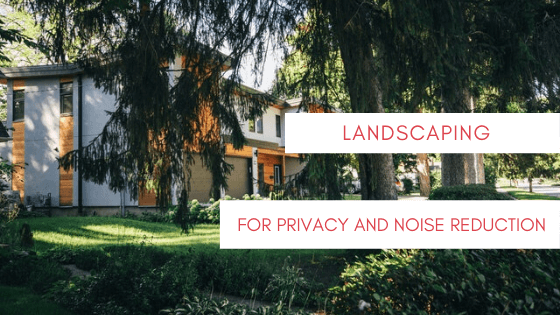
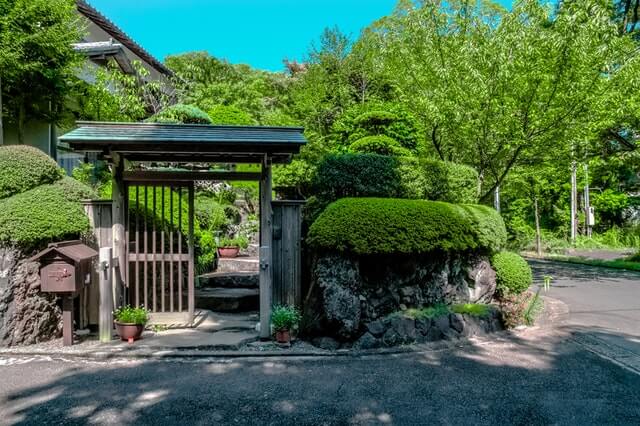
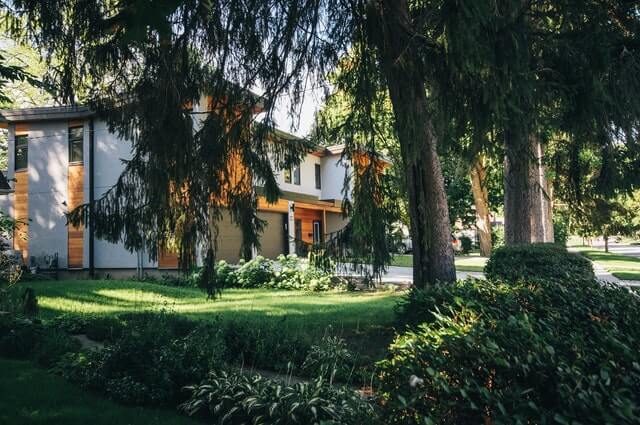
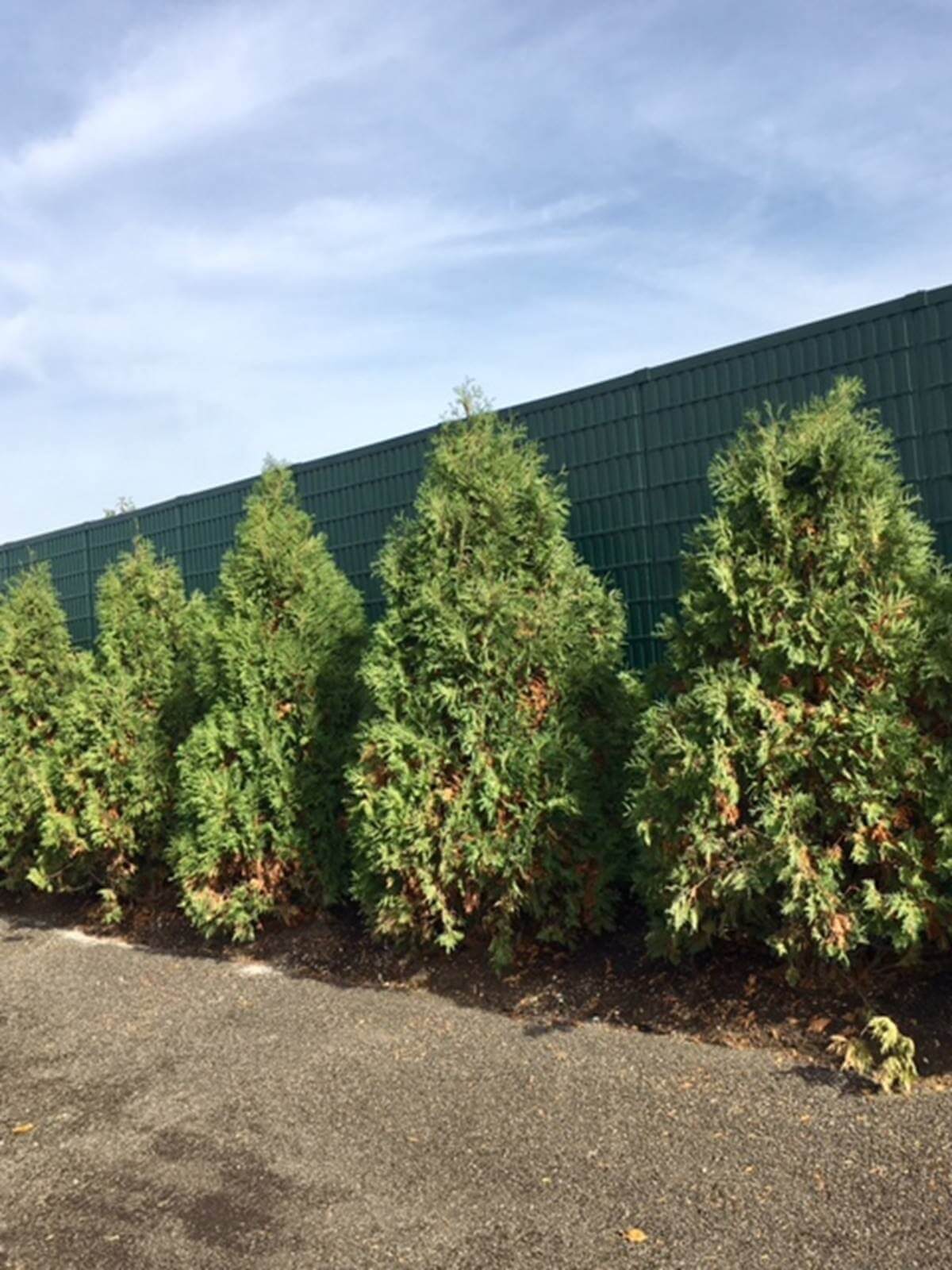
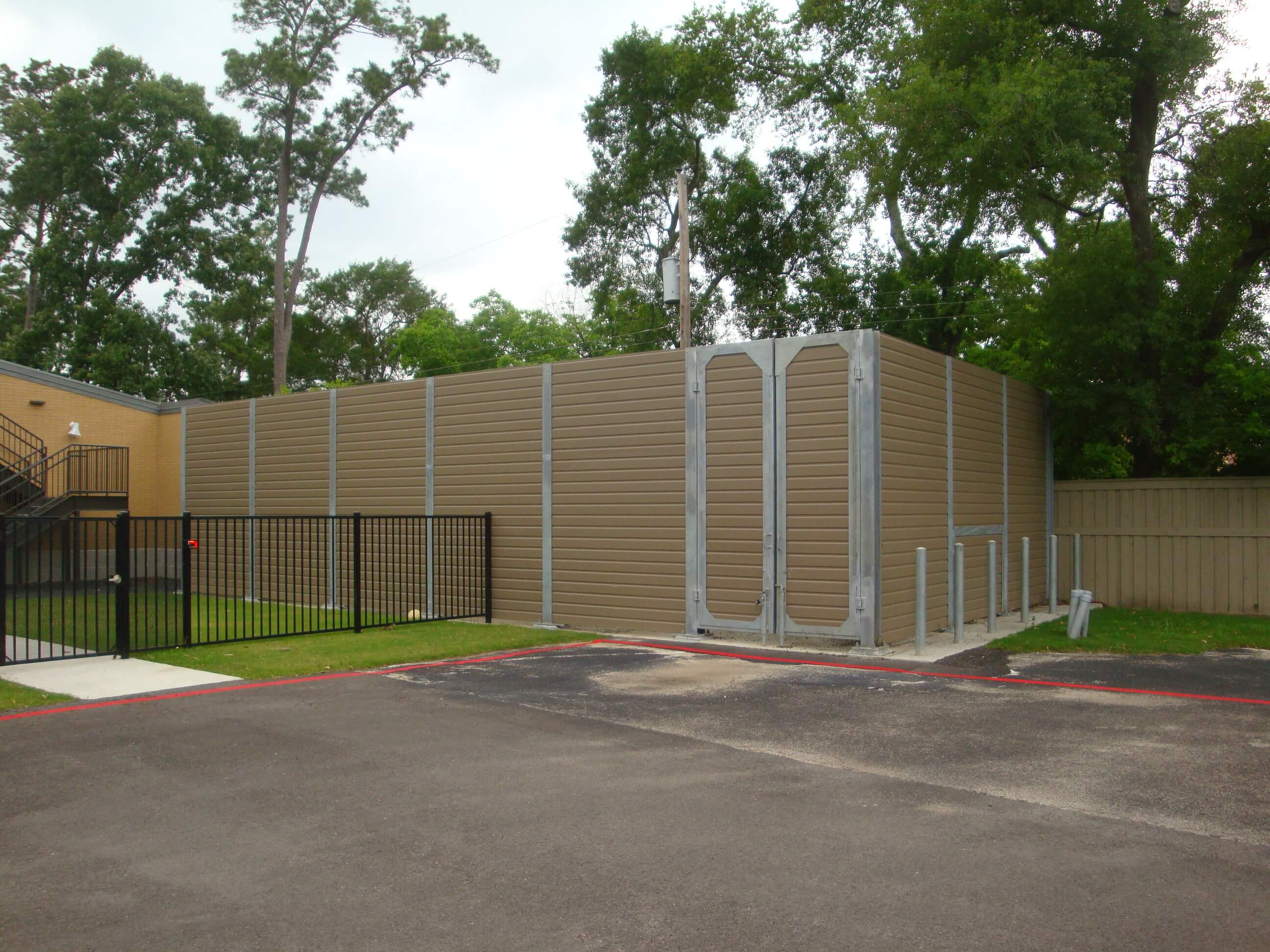
Please send product information. I am really looking for a high privacy fence to go around a port facility to hide aggregate stock piles.
Hello
we are manufacture Aluminium Sound Barrier in Turkey
we can help you..
hakan@aktav.com
Thank you so much for talking about privacy fences and how they’re great at reflecting noise back into the environment in addition to the security they can bring to your property. Having a quiet and private outdoor kitchen area could really help us relax and unwind after stressful work days. To achieve this, I’ll take your advice and look for any fence installer services in the area that can set us up with a privacy fence.
Hello,
I am looking for the aluminum Privacy fence.
Are you able to ship to Israel?
And can it be a DIY project?
Please send me information including prices, shipment fence specs including width and so on.
Thanks
Oded
I would like to insert a sound absorbing something in between a 10′ grove of
awabukie and a 20′ grove of arecasplams.It must be 6′ tall and at 20′ long.
There is room in between. Initially, I sort of planned to buy an old wooden fence and attach reinforced mass loaded vinyl. Your products seem to be superior. I have photos of the area to hep you conceptualize this project.
Thank you.
Rory